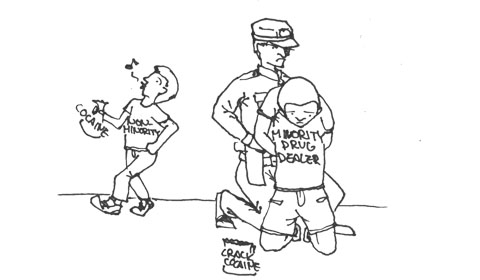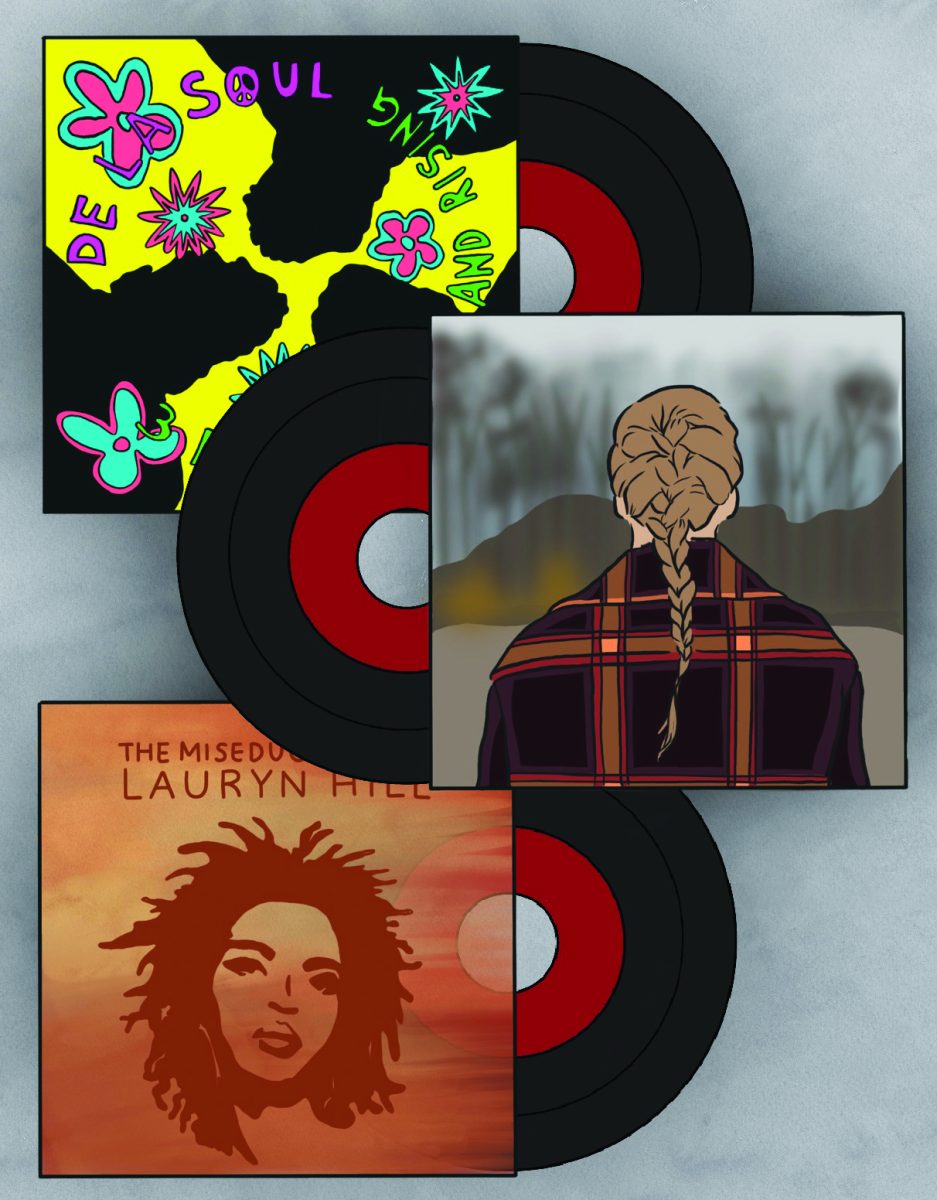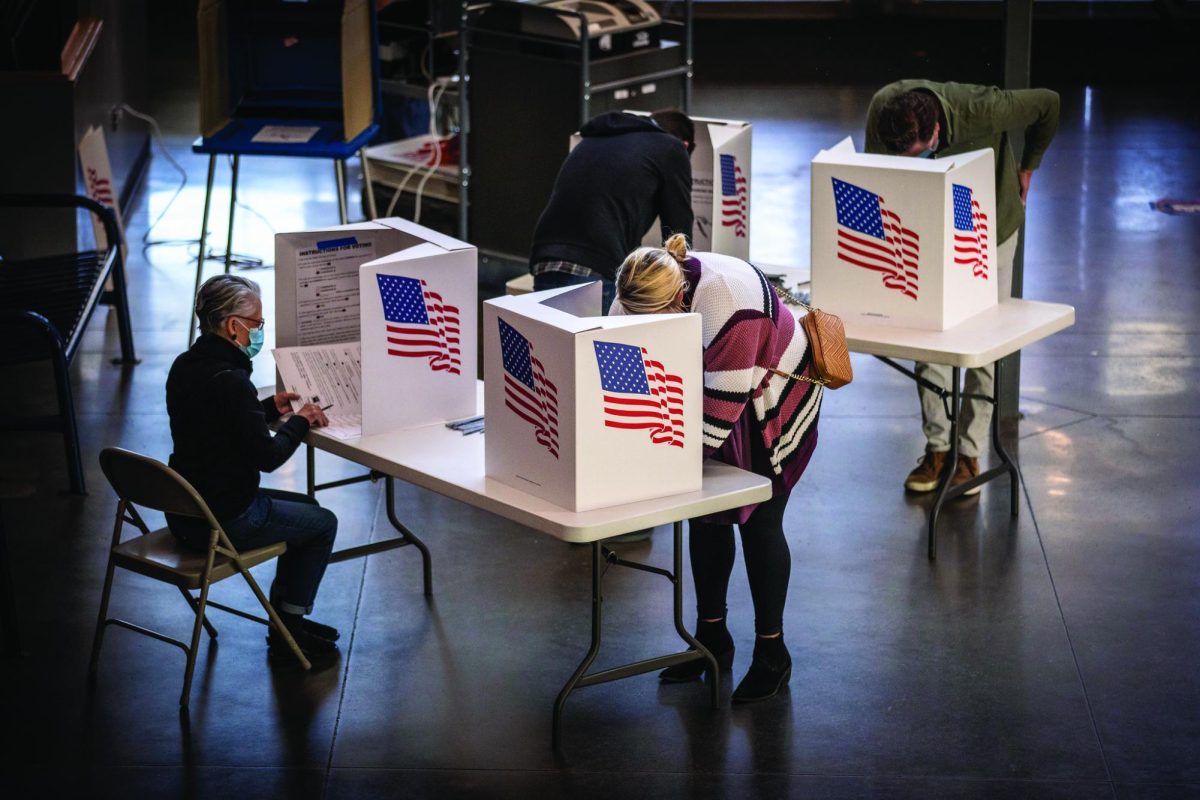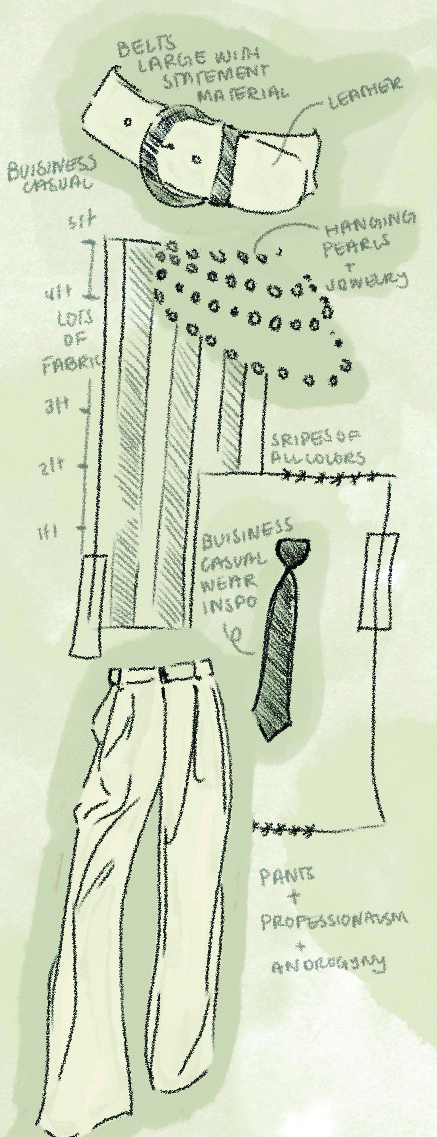
To the excitement of many—in this case “many” includes me and a lot of people in prison–the Obama administration, in early August, announced a plan to encourage the phasing out of mandatory minimum sentencing for nonviolent drug offenders. Mandatory minimum sentencing is a practice in which convicted criminals must be sentenced to a certain number of years in prison. In many cases of nonviolent drug offenses, these mandatory minimums are 20 years or more, a massive sentence for someone who did no direct harm to another person. This, however, is only the tip of the iceberg when it comes to the disaster that America calls its “War on Drugs.”
The War on Drugs refers to a broad campaign, domestically and internationally, to destroy the drug trade. Tactics have ranged from spraying massive amounts of bio-toxic herbicides over Colombia to jailing huge numbers of usually male, black or Latino Americans.
Unfortunately, rather than ending the drug trade, the war on drugs has furthered cyclical poverty and oppression and cost thousands of people and families their sources of livelihood. People often say that justice must be served to those who make bad choices, but sometimes the “choice” to become a player in the drug trade is not entirely voluntary. Because of factors like poverty and lack of education and opportunities, the drug trade often seems like the only viable career path for many people.
One man, in a documentary entitled “The House I Live In,” discussed how drug dealers in his neighborhood courted children from a young age, buying them shoes and ice cream when their parents were too poor to afford such luxuries. This courting built a level of trust and a feeling of obligation toward adult drug dealers, which eventually led the children to become drug dealers themselves.
Inevitably, many drug dealers go to jail, and because of mandatory minimum sentencing laws, they are usually behind bars for over 20 years. During the time they are imprisoned, their families are left without any source of income. In many cases, imprisoned drug dealers have children who must grow up in single-parent households. Time spent in prison is not productive; no job training is offered in the large majority of cases, and men who leave prison are often unable to land jobs because of their criminal records. This means that multiple generations fail to make enough money to escape the poverty they live in, which can further perpetuate the cycle of entering and becoming invested in the drug trade.
However, drug policy isn’t just discriminatory because minorities are disproportionately of lower socioeconomic status and thus more likely to engage in the drug trade; the laws themselves are racist. Though now overturned, for an extended period of time, a policy existed in which crack cocaine possession was punished much more harshly than possession of comparable drugs—namely powder cocaine–in equal amounts. Crack cocaine, as it so happens, is associated with poor African-American communities, whereas powder cocaine has been historically associated with more affluent white communities.
Misguided drug policy, aside from being systematically oppressive, is also expensive. The opportunity cost of incarcerating a young man, rather than giving him job training or otherwise having him contribute to the economy takes a considerable amount of money away from poor communities and from the nation’s economy as a whole. Housing inmates is also very expensive. In New York, for example, providing for one inmate can cost around $160,000 per year. In California, more money is spent on prisons than on public schools.
How do we fix these problems? Eliminating mandatory minimum sentencing is an important first step, and in the future we can move toward better job creation in poor areas and potential decriminalization and/or legalization of certain drugs. For those who do end up in jail, job training in prison would be a meaningful and beneficial investment; prisoners would then be more likely to find jobs once released from prison and thus would be able to contribute more to their communities.
The War on Drugs has not really turned out to be a war on drugs at all; it has unfortunately become a war on minorities and poor communities and has in turn further degraded the prison system. This war has not even lessened rates of addiction or hurt the drug trade in any meaningful or long-lasting way.
When a war goes wrong, logic follows that it should be terminated. Look back at the 13th Amendment; it proudly states that slavery is unconstitutional “except as punishment for a crime.” Now if we look at the people primarily affected by current drug policies, we see that they are those we previously sought to protect from unfair conditions and who are now essentially having their livelihoods destroyed…as punishment for a crime. This legacy of racial targeting should not be allowed to continue in a society that prides itself on being diverse and accepting.
It is my hope that drug sentencing be pursued less fervently and that economic stimulus, education, and job training be brought into poor communities in order to break the cycle of crime.
















